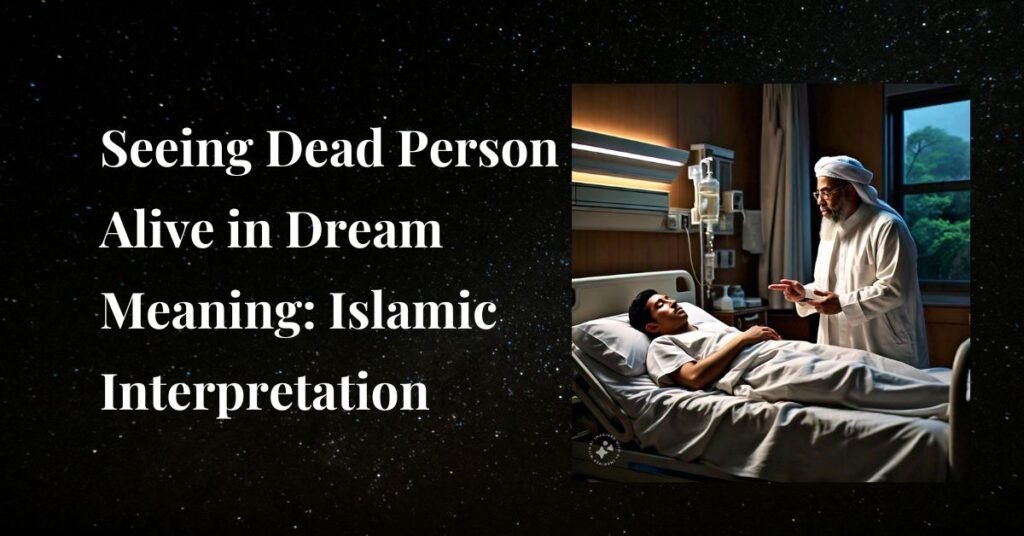Intercourse before marriage is a topic that carries significant weight in Islamic teachings, touching upon religious, social, and cultural dimensions. This article aims to provide a clear understanding of Islam’s viewpoint on this matter in simple, accessible language, exploring its teachings, consequences, and practical guidance.
Understanding Islamic Teachings on Intercourse Before Marriage
Islam places a strong emphasis on morality, modesty, and chastity. According to Islamic principles derived from the Quran and Hadiths (teachings of Prophet Muhammad), sexual relations are considered permissible only within the institution of marriage. Any form of sexual activity outside of marriage is deemed unlawful and is referred to as “zina,” a major sin in Islam.
Quranic Guidance on Chastity
Several verses in the Quran underscore the importance of maintaining chastity and avoiding unlawful sexual relations:
- Surah Al-Isra (17:32): “And do not approach unlawful sexual intercourse. Indeed, it is ever an immorality and is evil as a way.”
- Surah An-Nur (24:2): “The [unmarried] woman or [unmarried] man found guilty of sexual intercourse – lash each one of them with a hundred lashes, and do not be taken by pity for them in the religion of Allah.”
These verses emphasize the gravity of engaging in premarital sexual relations and highlight the moral boundaries Islam sets to safeguard individuals and society.
Hadiths on Adherence to Islamic Morality
Prophet Muhammad’s teachings further emphasize the sanctity of marriage and the consequences of engaging in illicit sexual relations. For instance:
- Sahih Bukhari: “When a man commits illegal sexual intercourse, faith comes out of him and hovers over him like a cloud. When he quits such an evil deed, faith returns to him.”
This Hadith underscores the spiritual consequences of committing zina and the importance of repentance to restore one’s faith.
Social and Cultural Perspectives
In Muslim communities, adherence to Islamic teachings on premarital sex is intertwined with notions of family honor and community values. Premarital sexual relations are often viewed as dishonorable and can bring significant social stigma to individuals and their families. This cultural perspective reinforces the importance of upholding Islamic principles regarding sexual conduct.
Upholding Family Honor
The concept of family honor plays a crucial role in shaping attitudes towards premarital sex within Muslim-majority cultures. Maintaining moral integrity is seen as essential not only for personal piety but also for preserving familial respect and societal harmony.
Community Expectations and Support
Communities play a pivotal role in promoting and reinforcing Islamic values related to marriage and sexual ethics. Social pressures and community expectations encourage individuals to uphold chastity and seek marital relationships as the lawful means for intimacy and procreation.
The Concept of Repentance in Islam
Islam offers a path to redemption through sincere repentance for those who have engaged in premarital sexual relations. The steps to repentance include acknowledging the wrongdoing, feeling genuine remorse, ceasing the sinful behavior, seeking forgiveness from Allah, and making a firm commitment to refrain from such actions in the future.
Spiritual Guidance and Forgiveness
Islamic teachings emphasize Allah’s mercy and readiness to forgive those who sincerely repent. Repentance not only cleanses the individual’s soul but also reinforces their commitment to living according to Islamic principles.
The Role of Marriage in Islam
Marriage in Islam is not merely a legal contract but a sacred bond sanctioned by Allah. It provides a lawful framework for emotional, physical, and spiritual intimacy between spouses.
Benefits of Marriage
Marriage offers numerous benefits within Islamic teachings:
- Emotional and Physical Fulfillment: It allows couples to fulfill their emotional and physical needs in a lawful and dignified manner.
- Social Stability: Marriage promotes stability within society by establishing family units based on mutual rights and responsibilities.
- Spiritual Growth: Maintaining a healthy marital relationship is considered an act of worship, enhancing one’s spiritual well-being.
Addressing Modern Challenges
In today’s globalized world, Muslims face challenges in reconciling traditional Islamic teachings with modern societal norms and influences.
Influence of Western Culture and Media
The pervasive influence of Western culture and media can sometimes challenge Islamic values, particularly among young Muslims living in non-Muslim societies. This underscores the importance of education, community support, and personal conviction in adhering to Islamic principles.
Navigating Societal Pressures
Muslims are encouraged to seek knowledge, engage in community activities, and seek guidance from knowledgeable scholars to navigate the complexities of modern life while adhering to Islamic teachings.
Practical Advice for Muslim Youth
Navigating the pressures of contemporary society while upholding Islamic values requires diligence and support. Here are practical tips:
- Educate Yourself: Learn about Islamic teachings on morality and sexual ethics.
- Seek Community Support: Surround yourself with peers and mentors who uphold Islamic values.
- Set Boundaries: Establish clear boundaries in relationships and adhere to them.
- Stay Engaged: Participate in community activities that reinforce Islamic values.
- Seek Guidance: Consult trusted religious authorities for advice and guidance.
A Real-Life Scenario and Islamic Verdict
Consider this scenario: A couple engages in premarital intercourse after becoming engaged. They marry three months later, and shortly thereafter, the woman becomes pregnant. What is the Islamic ruling in this case?
Islamic Verdict: According to Islamic jurisprudence, engaging in sexual relations before marriage is considered sinful (zina). If a child is conceived before marriage but born after the marriage contract, the child is considered legitimate. However, if the child is born less than six months after marriage, paternity may not be established unless the father acknowledges it without mentioning the previous sin.
Intercourse Before Marriage in Islam
Question: After a boy and girl get engaged, they engage in sexual relations before marriage. Three months later, they get married, and then the woman becomes pregnant. What is the ruling on this?
Answer: Engaging in sexual relations before marriage is forbidden in Islam. It is considered “zina” (adultery or fornication), which is a major sin. If someone commits this act, they should sincerely repent and seek forgiveness from Allah.
If pregnancy results from such relations and the couple later marries, the child born after six months of marriage is considered legitimate. However, if the child is born less than six months after marriage, paternity may not be established unless the father acknowledges it without mentioning the previous sin. In any case, sincere repentance and seeking forgiveness are essential in Islam for such actions.
Conclusion
Intercourse before marriage is a complex issue within Islam, touching upon religious principles, cultural norms, and personal morality. Islam unequivocally prohibits premarital sex, emphasizing chastity, marriage as a safeguard, and the path to repentance for those who transgress. By understanding these teachings and seeking support from their communities, Muslims can navigate the challenges of contemporary society while upholding their faith and values.



